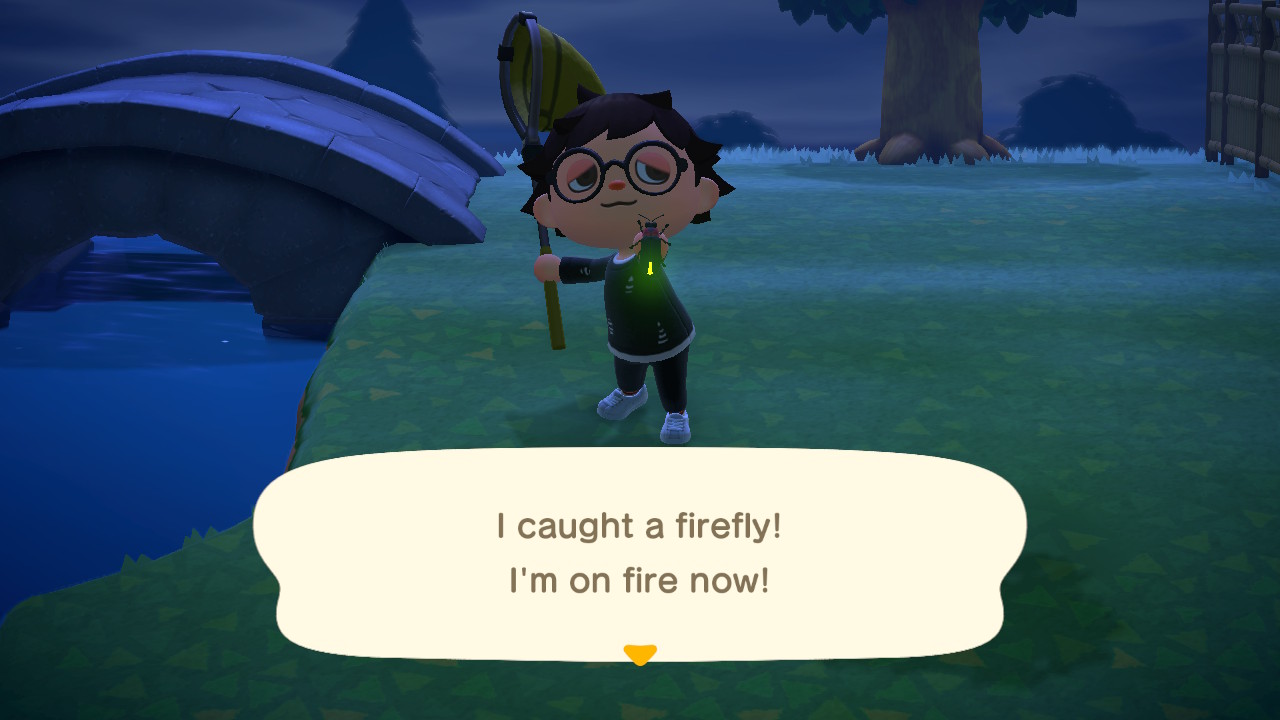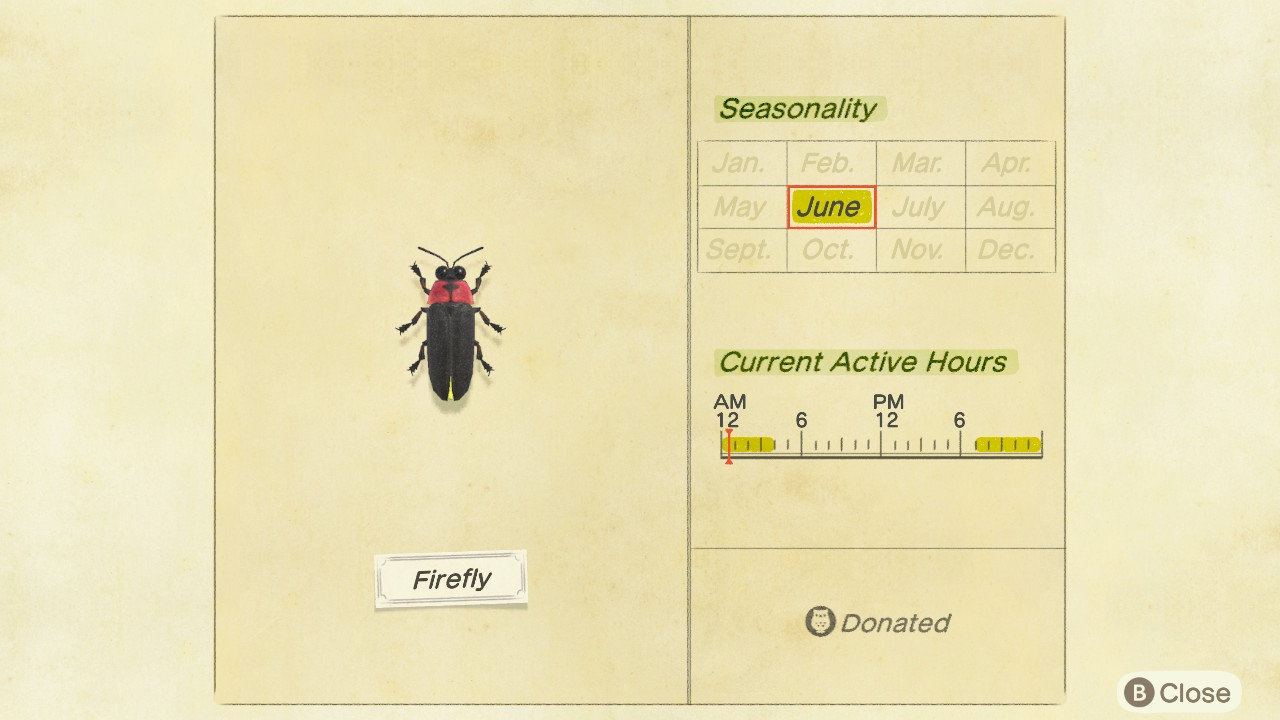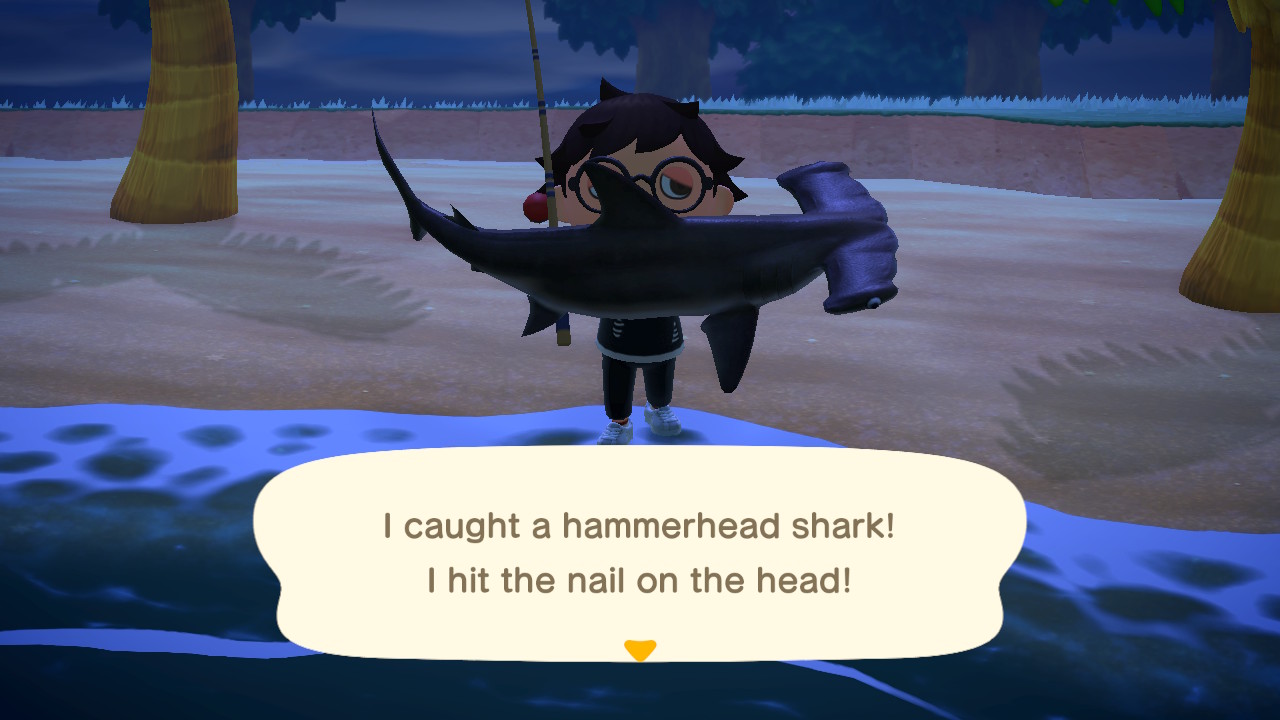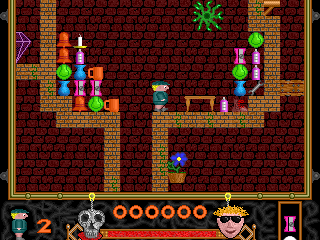I’m going through a bit of an odd phase at the moment with games, of pretty much any description. I realised it late last year, when I found myself stuck on the final level of Portal, despite beating it years ago. I also found myself stuck in the Forest Temple in Ocarina of Time, despite beating that years ago too.1 I have so much going on in my life at the moment that Switch Sports Golf is about all I can manage. Figuring out puzzles is entirely beyond me. My head is too full.
But I still need that hit of seeing a puzzle solved, even if I have to get someone else to do it for me. So one constant joy over the past year has been Jason Dyer and his All the Adventures project, described as: “I play and blog about every adventure game ever made in (nearly) chronological order.” This is clearly an utterly ridiculous thing to attempt. Fantastic.
I tend to dip into Jason’s extensive archive on a fairly random basis, rather than reading everything from the beginning. And recently, a set of connected games by mostly the same author2 has been keeping me company. These are very unusual – a set of first-person adventure games made between 1980-82, for the TRS-80. No overhead view or text adventures here. The closest thing I’ve seen in my world of the BBC Micro is Acornsoft Maze, but the similarity is really very superficial. It’s a whole different type of game.
The games in the series, linked to Jason’s write-ups, are:
- Deathmaze 5000 (1980)
- Labyrinth (1980)
- Asylum (1981)
- Asylum II (1982)
Now, I’ve never touched a real TRS-80. I did spend a little time emulating one a while back, just for fun, but didn’t end doing that much with it. I didn’t really need to. Articles like these scratch every single itch I have for a bit of adventuring, without actually having to put the work in to map mazes and suchlike. (Something I was invariably terrible at anyway.) I was never, ever going to find the time to play these games, but reading Jason it is almost as much fun.
You might think this kind of thing would be ideal to do on YouTube instead, and I suppose for many, it would be. I think doing it as a blog does have some real advantages, though. It really does allow Jason to go into detail regarding how the puzzles are constructed, which a Let’s Play would find difficult to encapsulate, and a more general review would probably skip over. It’s this construction detail which I find so immensely pleasing about these pieces, and by the end of the final game in the series, you really do feel like you’ve learnt something tangible about how games work, rather than just being taken on a pleasure ride through nothing.
These articles are the gold standard for writing online, as far as I’m concerned. What better thing is there to write about than something obscure and under-appreciated, and actually analysing it properly? In a world where so many write about the same boring thing over and over again, stuff like this is an utter joy.
It’s something anyone writing shit on the internet can aspire to. There’s a whole world of stuff out there. Find the bits that haven’t been poked enough yet. And poke ’em.
Incidentally, in the most cliched thing I will ever admit to on this site, years ago I ended up getting stuck on the Water Temple in Ocarina, and never got past it. Bah. ↩
The first three are by William F. Denman, Jr. and Frank Corr, Jr. The final one is by William Denman only, although it reuses some graphics by Frank Corr. ↩






